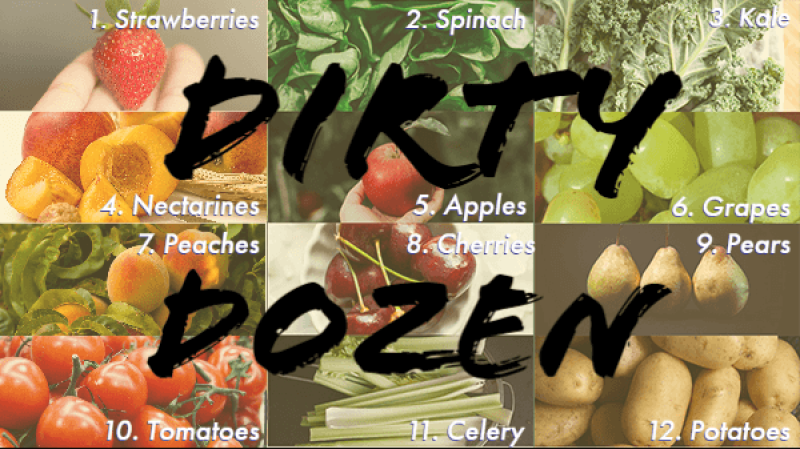Dramatic health benefits combined with low consumption figures underscore the need and importance of multiple efforts and resources to improve the diets of Americans. These statistics also show that creating barriers to consumption – such as inaccurately promoting safety fears – is detrimental and negatively impacts consumers and should be abandoned.
One of the worst offenders of creating and perpetuating inaccurate fears among consumers is the annual release of the so-called “Dirty Dozen” list which disparages the most popular, affordable and accessible fruits and vegetables. Peer reviewed research has found that when low income consumers are exposed to the “Dirty Dozen” list and its messaging, they state they are less likely to purchase any produce – organic or conventional. And, dietitians almost unanimously agree that the “Dirty Dozen” list negatively impacts their efforts to improve diets among clients and consumers.
And, yet the “Dirty Dozen” list is continually released despite its impact on consumers and being discredited by the scientific community and peer reviewed research.
Year after year, we ask the list authors to move away from the list release and toward public health initiatives. They refuse and steadfastly cling to this tactic. Someone should ask them why.































